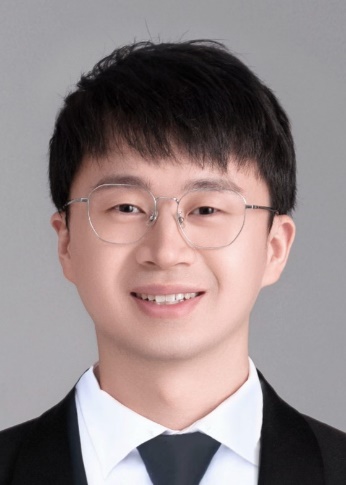
Associate Professor Ying He
Harbin Institute of Technology, China
Title: High-Sensitivity, Rapid-Response LITES Sensor
Abstract:
Quartz-enhanced spectroscopy techniques like LITES hold promise for trace gas sensing but are often limited by insufficient sensitivity and response speed. This work introduces a high-sensitivity, rapid-response quartz tuning fork (QTF) based LITES sensor. Critical innovations involve a dual optimization approach for the QTF (environmental parameters and resonant frequency), drastically enhancing LITES signal generation and detection efficiency. Experimental results demonstrate ultra-high sensitivity, achieving detection limits from low parts-per-billion (ppb) to high parts-per-trillion (ppt) for acetylene (C₂H₂) – a significant leap beyond conventional LITES performance. Crucially, the optimized system achieves a remarkable ms-level response time (15 ms), enabling real-time monitoring of transient gas events. This high-sensitivity, rapid-response QTF-LITES sensor is a powerful tool for demanding applications in environmental monitoring, industrial process control, and medical diagnostics requiring both precision and speed.
Biography:
Dr. Ying He obtained his master and doctorate degrees in physical electronics from Harbin Institute of Technology in 2017 and 2022, respectively. Currently, he is an associate professor at the Harbin Institute of Technology, China. His research interests including trace gas sensing based on QEPAS, LITES and another laser spectroscopy. With over 20 publications attracting 1400+ citations and 8 authorized national invention patents, he leads 5 research projects funded by the National Natural Science Foundation of China and Heilongjiang Provincial Natural Science Foundation. Dr. He serves as Guest Editor for Microwave and Optical Technology Letters and actively reviews for top-tier journals including Optica, Photoacoustics, Optics Letters, and Optics Express.